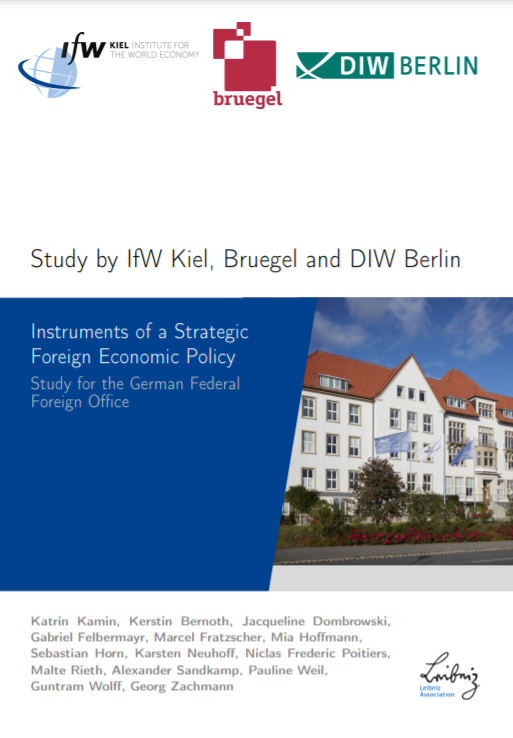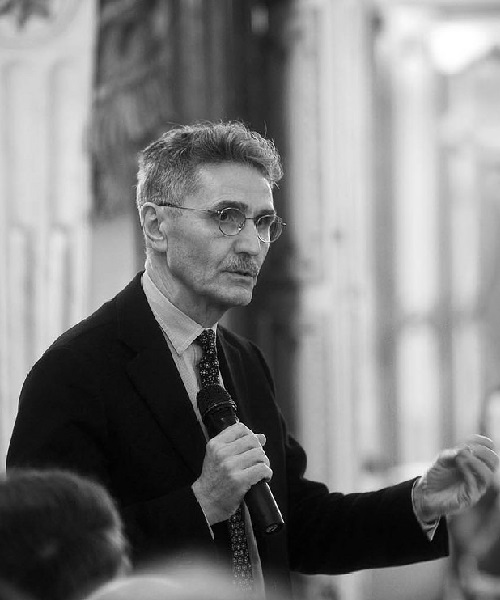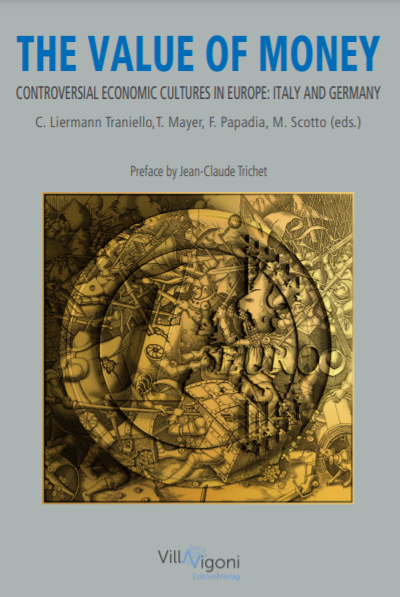Blog Post
What has driven the votes for Germany’s right-wing Alternative für Deutschland?
The AfD vote in East Germany was consistently stronger than in the West, even after controlling for income, age, education, religion and the overall rural nature of the new Bundesländer.
Last Sunday’s federal election in Germany’s federal election gave unprecedented strength to the right wing party Alternative für Deutschland (AfD). The AfD is the third-largest party, with 12.6% of the votes and 94 of the 709 seats in the Bundestag (since the election, two members have left the AfD parliamentary group).
Much commentary has focused on why, where and how this has happened. Some focus purely on demographic factors (old vs young) or economic factors (unemployment, income). Others have claimed that the AfD’s higher vote in the east of Germany is not a reflection of higher unemployment in the region, but can in fact be traced back to the specific history of East Germany. Many emphasise more strongly the urban-rural divide, while yet another line of thinking argues that it is immigration and the presence of foreigners that has been driving the vote for the AfD.
The FT has put together a useful collection of graphs highlighting that the strength of a district’s vote for the AfD is correlated with a higher average age, an older population and being in East Germany and putting significant emphasis on the negative correlation with number of foreigners in the district. This week, the FT has published a piece which goes beyond the initial bi-plot analysis and stresses the importance of East Germany in explaining AfD votes. Yet, to our knowledge, there is still no systematic statistical evaluation of these various factors, trying to control for and separate their various impacts.
In this blog post, we provide a systematic analysis of the results, based on data covering the 299 electoral districts of Germany. We are able to include in our analysis several variables that capture:
(a) demographic characteristics
(b) education
(c) religion
(d) presence of foreigners
(e) economic factors such as income and unemployment rate
(f) regional characteristics such as East/West and population density
We analyse the data with a standard cross-sectional regression analysis and also explore the stability of our results under changes in specification. The table summarising the results can be found at the bottom of the article. The main results can be summarised as follows.
(1) East-West divide: Former East Germany voted much more strongly for the AfD than the rest of the country, even after controlling for a large set of other socio-economic factors.
(2) Rural areas: Districts with lower population density voted more for the AfD than cities and densely populated regions.
(3) Age: Districts with a larger percentages of old people tended to vote more for AfD.
(4) Migration matters: A higher share of foreigners increased the vote for the AfD. That result is in direct contrast to a simple bi-plot (as presented by the FT) which suggests that districts with high number of foreigners voted less for AfD – this is confused by other factors that correlate with a high presence of foreigners. In contrast, electoral districts that saw more significant inflow of people (both foreign and domestic) in 2015 were less prone to vote for AfD. The latter result could reflect deliberate decisions on where refugees were distributed to.
(5) Church membership: Electoral districts with larger percentages of catholic or protestant church membership voted less for the AfD than electoral districts with higher shares of non-membership in these two churches.
(6) Education: Districts with lower education tended to vote more for AfD, while districts with higher shares of higher education voted less for AfD.
(7) Income: Higher disposable household income is associated with lower shares of AfD votes. However, surprisingly, unemployment is negatively associated with AfD votes: higher unemployment makes an area less likely to vote for the AfD.
Overall, it is striking that these factors explain a very substantial part of the overall variation in AfD votes. This model can account for more than 70% of the variation. It is also important to highlight that all factors matter.
In particular, we found the strength of the “East” factor remarkable. For example, at first glance the chart suggests that German electoral districts with high unemployment tended to vote more strongly for AfD.
In particular, we found the strength of the “East” factor remarkable. For example, at first glance the chart suggests that German electoral districts with high unemployment tended to vote more strongly for AfD.
However, looking more closely, the clear structural divide in voting behaviour is in fact between East and West Germany. As our regression analysis shows, the positive association between unemployment and votes for the AfD vanishes once we control for the East-West divide and other factors such as population density, economic strength, education and religion. So the East is indeed different in terms of voting behaviour as it is different in terms of socio-economic characteristics.
All in all, our analysis suggests that Germany remains politically a divided country.
Republishing and referencing
Bruegel considers itself a public good and takes no institutional standpoint. Anyone is free to republish and/or quote this post without prior consent. Please provide a full reference, clearly stating Bruegel and the relevant author as the source, and include a prominent hyperlink to the original post.














